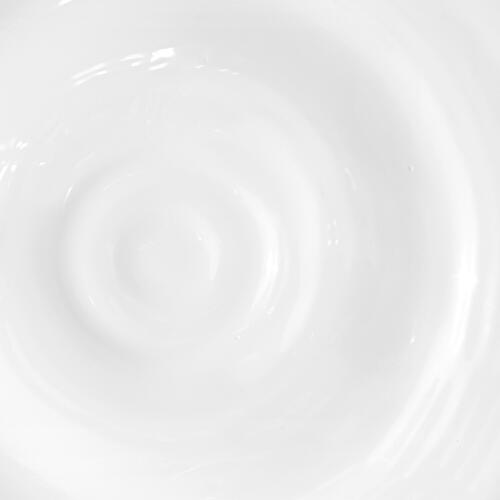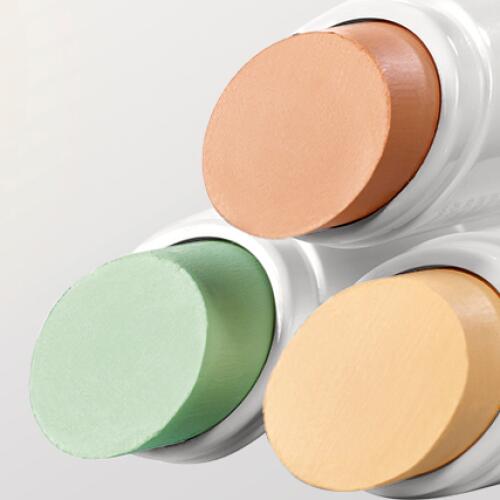Flushes: temporary redness
Blush like a tomato, go as red as a beetroot... There is no lack of expressions to describe flushes! Why do your cheeks go red when you are embarrassed or stressed? What can be done to avoid this reaction? We tell you all about flushes so you can control them better.
What is a flush?
Do you often get the feeling that you are blushing “ for no reason ”? You are probably a victim of flushing: the sudden redness that appears on the face when you feel a strong emotion, or when the skin reacts to an aggressor. The redness is visible on your cheeks, nose and chin, or on your neck. It is temporary, lasting only a few minutes (but often enough to make you feel uncomfortable!). Flushing generally affects sensitive skin but it can affect all skin types, dry, combination and even oily.
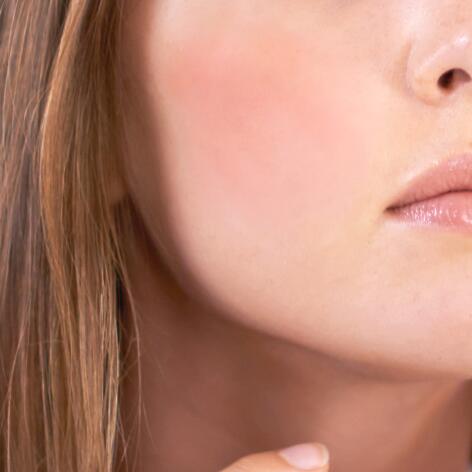
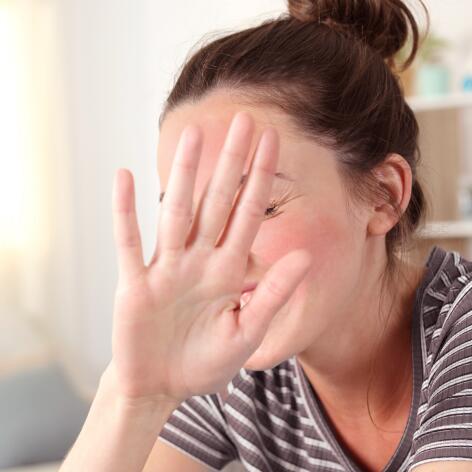
Occasional redness: causes of flushing
Blushing when you are embarrassed or angry, a hot face at the slightest effort or when a dish is too spicy: many of us are familiar with these symptoms! In Canada, nearly three million people suffer from flushes or rosacea according to the Canadian Dermatology Association. Why do you blush so much while others are completely unmoved? Because your skin is vasoreactive. The blood vessels in your face will therefore dilate really (too) easily. Fair and thin skin is particularly affected.
Flushing may also happen or increase with the first symptoms of the menopause. The hormonal upheaval can cause hot flushes and unexpected reddening of the skin on the face.
(1) Tan J, Berg M. J. Am Acad Dermatol 2013; 69: S27-35
The best practices to prevent and minimise flushes
It's hard to live with all your emotions showing on your face and redness appearing without warning. Fortunately, there are solutions to combat flushing. Here are some tips on how to leave redness behind:
- Choose cleansing products that respect your skin's sensitivity, such as gentle, no-rinse make-up removers.
- Apply daily dermo-cosmetic moisturisers adapted to your skin type, with the right active ingredients to combat redness.
- Protect your skin from external aggressors, for example, by remembering to use sun protection if you are exposed to the sun.
- Opt for make-up designed for skin prone to redness to effectively conceal your “ hot flushes ”.
FRIENDLY (AND EXPERT) ADVICE
The soothing go-to during a flare-up
Are there times when you wish you had the right recipe to remove redness from your cheeks? Here's a tip to apply when you feel the redness coming on: place cotton pads soaked in thermal spring water on your face that have been placed in the freezer for a few minutes. The extreme icy effect will stop the appearance of redness.
If the flushing becomes more and more frequent, or if the redness persists, do not hesitate to consult a doctor who will make a precise diagnosis, accompanied by an appropriate treatment.
OUR SOLUTIONS FOR SKIN WITH REDNESS
Eau Thermale Avène skincare products designed for skin that overreacts
NEWSLETTER
We’re always here for your skin!
All our tips for taking care of your skin day to day.
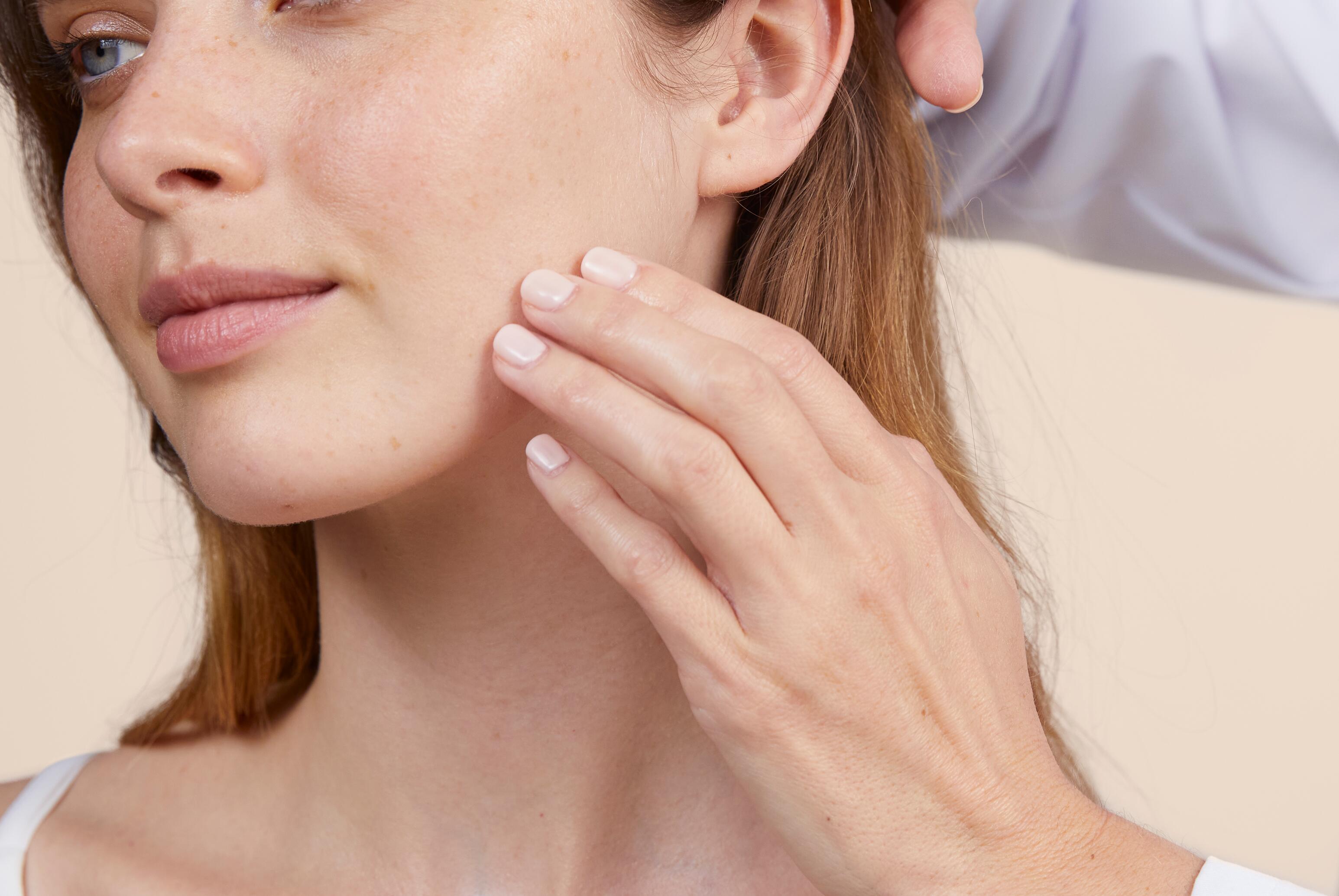
Which skin care routine should you adopt?
Identify what it really needs with the help of our experts and discover the most suitable skin care routine for you.

